Ethnic wear has always been a significant part of culture and tradition, blending vibrant colors and intricate designs that tell a story. As fashion evolves, numerous brands have emerged, offering a diverse array of ethnic attire that caters to both modern tastes and timeless classics. From sarees and kurtas to lehengas and sherwanis, the options are both vast and exciting, reflecting the rich heritage of various regions. Ready to elevate your wardrobe with some exquisite ethnic pieces? Explore our curated list of the best ethnic wear brands below.
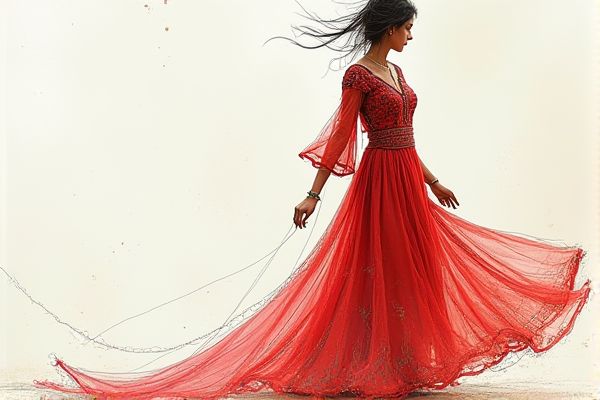
Illustration of ethnic wear
Best brands of ethnic wear in 2025
FabIndia
Fabindia is a renowned brand in the ethnic wear market, known for its high-quality, handcrafted products sourced from over 40,000 artisans across India. Established in 1960, Fabindia has expanded to operate 327 stores in India and 14 international stores as of 2020. The company's unique retail strategy and artisan-shareholder system, where craftspeople collectively own 26% of the equity, have contributed to its success. Fabindia's revenues have grown significantly, from Rs 89 crore in 2004-05 to Rs 200 crore in 2007, and the brand continues to cater to both urban and rural markets. Its commitment to sustaining rural employment and promoting traditional craftsmanship has made it a leader in the ethnic wear sector.
Biba
BIBA Apparels, founded by Meena Bindra in 1988, is a leading brand in the Indian ethnic wear industry, known for its high-quality and affordable products. The brand boasts over 180 exclusive outlets across 76 cities in India and is available in 275 multi-brand outlets, with an annual turnover of around Rs. 650 crores. BIBA has been recognized with several awards, including the "Best Women's Ethnic Wear Brand of the Year" at the CMAI Apex Awards in 2015 and the "Best Ethnic Wear Brand for Women" at the Images Awards in 2012. The brand has a strong online presence through its e-commerce portal, making it accessible nationwide. BIBA's success is attributed to its innovative use of ethnic Indian prints, fabrics, and designs.
W for Women
W for Woman is a renowned Indian ethnic wear brand, celebrated for its commitment to design excellence and quality craftsmanship, catering to the fashionable and modern Indian woman. With over 400 stores across India and a strong online presence, the brand offers a diverse range of traditional clothing options, including sarees, salwar suits, and fusion wear. Established in 2001, W for Woman has become a leading player in the ethnic wear market, known for its high-quality fabrics and skilled artisans. The brand's collection showcases a perfect blend of traditional aesthetics and contemporary designs, making it a popular choice among fashion-conscious women. W for Woman's marketing strategies, including social media and digital marketing, have significantly contributed to its growth and customer engagement. You can explore more about their extensive range of ethnic wear on their official website.
Global Desi
Global Desi is a leading Indian fashion brand renowned for its high-end ethnic wear, offering a diverse portfolio of indo-western fusion clothing designed by Anita Dongre. Founded in 2007 as a sub-brand of AND apparels, Global Desi caters to the Indian youth market, providing qualitative clothes at reasonable prices, ranging from Rs. 700 to Rs. 4000. The brand is available in major retailers across India and also collaborates with e-commerce platforms like Myntra, Flipkart, and Amazon. Global Desi operates in the growing stage of its Product Life Cycle, contributing to the ethnic wear market which is expected to reach USD 177.2 billion by 2031, growing at a CAGR of 7.2% from 2022 to 2031. This growth is driven by increasing demand for fusion wear and innovative designs. For more insights into their product offerings, visit the Global Desi marketing mix.
Anokhi
Anokhi is a renowned Indian retailer, established in 1970 by John and Faith Singh, specializing in ethnic wear and home furnishings that showcase traditional Indian motifs and techniques. The brand is particularly known for reviving Rajasthani hand-block printing and using natural vegetable dyes. Anokhi works directly with local artisans, providing livelihoods to over a thousand craftsmen and involving rural women in various crafts like embroidery, applique, and beadwork. The company operates 25 stores in India and has stockists in Europe and the United States. Anokhi also runs the Anokhi Museum of Hand Printing in Jaipur, which is the only museum in India dedicated to this art form. For more information, you can visit the Wikipedia page on Anokhi.
Ritu Kumar
Ritu Kumar, one of India's oldest and most renowned design houses, specializes in ethnic wear and boasts over 800 employees. Founded in 1969, the brand is known for its innovative use of traditional crafts, offering new classicism through its three distinct brands: the classic "Ritu Kumar," the edgy "Label by Ritu Kumar," and the bridal couture line "Ri." With more than 50 stores in India and a strong international presence, Ritu Kumar continues to expand, having grown its employee count by 6% last year. As part of the Reliance Brands Group Company, the brand is committed to craftsmanship, innovation, and exceptional customer satisfaction. Ritu Kumar's annual revenue has significantly grown, reaching $750 million as of September 2024. Discover more about their rich heritage and collections on their official website.
Shree
Shree, a prominent Indian ethnic wear brand, has been a leader in the market since its inception in 2009, offering comfortable and high-quality ethnic wear for women. With over 100 outlets in India and internationally, including stores in the UAE, Singapore, and Qatar, Shree has expanded significantly. The brand was recognized as one of the top 100 SMEs of the year in 2016 and received private equity funding in 2019. Shree aims to reach 500 stores within the next three years and has a strong online presence, launching around 10,000 new designs annually. The brand is inspired by the 'Atmanirbhar Bharat' vision, promoting employment in homegrown factories and small job workers. For more information, visit their official website.
Aurelia
Aurelia, launched in 2009 by TCNS Clothing Co. Ltd., has established itself as a leading brand in the ethnic wear market, contributing 34% of TCNS's revenue in Fiscal 2019. The brand caters to modern Indian women, offering a blend of traditional and contemporary designs, with over 215 standalone stores across 100 cities and a presence in 1000+ Large Format Stores (LFS) and Multi-Brand Outlets (MBO) in India. Aurelia also has international presence, including flagship stores in Sri Lanka and Nepal. The brand's target audience includes women aged 25-34, who form 34.97% of their ideal consumer group. Aurelia's success is marked by its ability to balance traditional and modern elements, making it a preferred choice for ethnic wear. For more insights on Aurelia's impact and growth, visit their revenue contribution interview.
Manyavar
Manyavar, under Vedant Fashions Limited, is a leading brand in the Indian ethnic wear market, particularly dominating the men's ethnic wear segment with a market share of 34.5% as of Q2 2021. The brand operates over 600 stores in more than 160 cities worldwide and aims to expand to 1000 stores by 2024. Manyavar's success is attributed to its focus on high-quality traditional ethnic wear, innovative marketing strategies, and a strong retail presence, including international locations in the US, Bangladesh, Nepal, UAE, and other countries. The brand has achieved significant revenue growth, with an estimated annual turnover of Rs 2,000 crore in FY21, and is expected to benefit from the global ethnic wear market's projected CAGR of 6.3% from 2021 to 2028. Manyavar's women's wear brand, Mohey, also contributes to its market presence across India. For more details, visit their official website.
Jaypore
Jaypore is a prominent ethnic brand renowned for its artisanal products, particularly in the realm of handmade and handcrafted apparel, jewellery, and home textiles. Acquired by Aditya Birla Fashion and Retail (ABFRL) in 2019 for an enterprise value of Rs 110 crore, Jaypore has a strong online presence and is expanding into offline retail. The brand sources products from over 70 craft clusters across India and has seen significant revenue growth, with reported revenues of Rs 76 crore in 2023. Despite the ethnic wear market being largely dominated by the unorganized segment, Jaypore is part of the growing organized segment, which is expanding at a rate of around 20% annually. Jaypore's high brand recall and curated collection make it a notable player in the ethnic wear market. For more information, visit their official website.










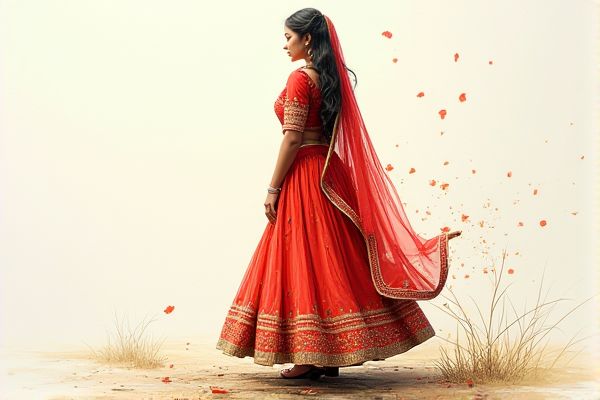
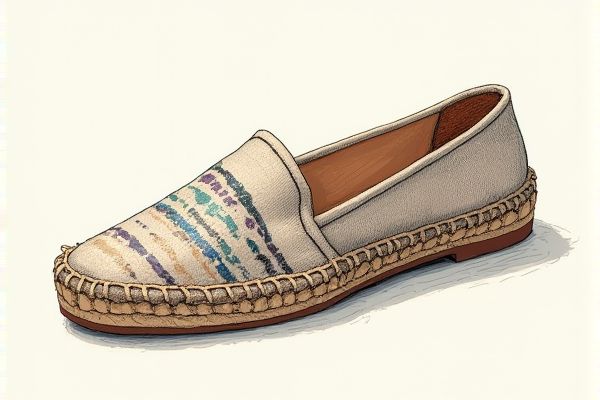
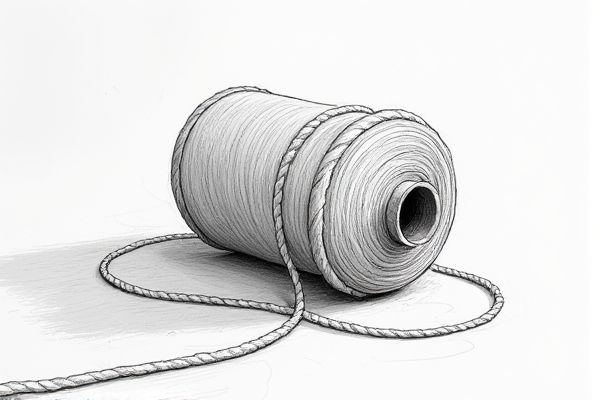

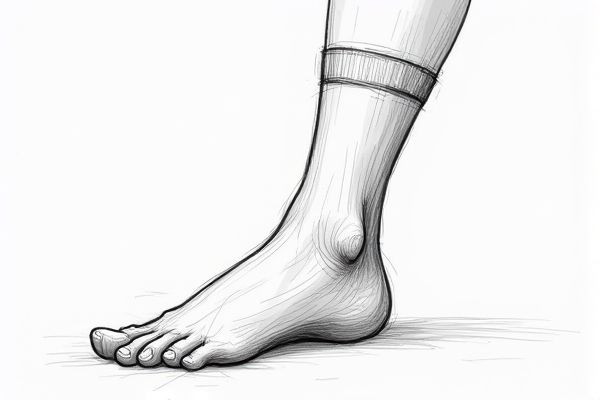
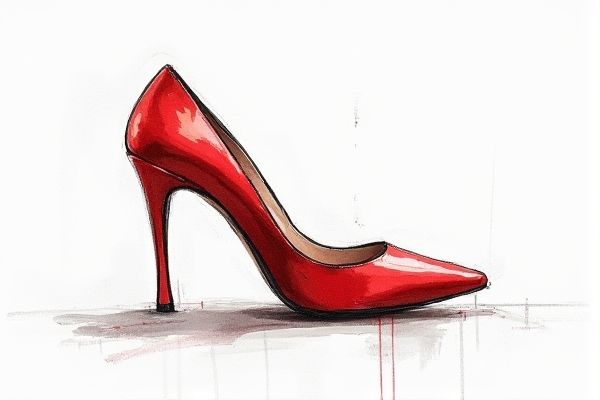
Leave a Reply
Your email address will not be published.